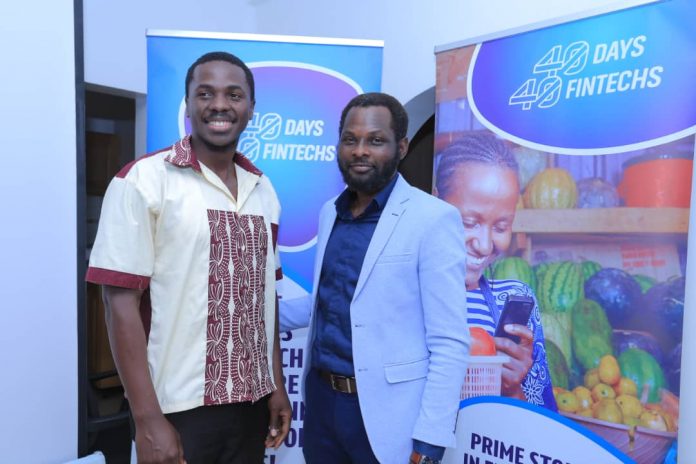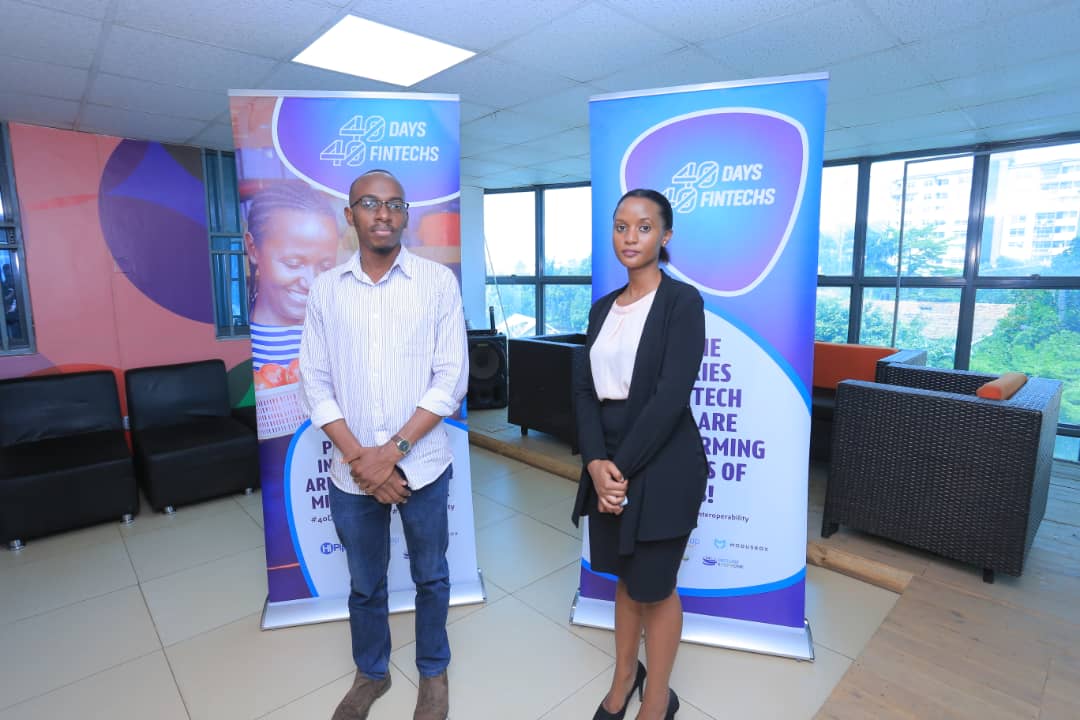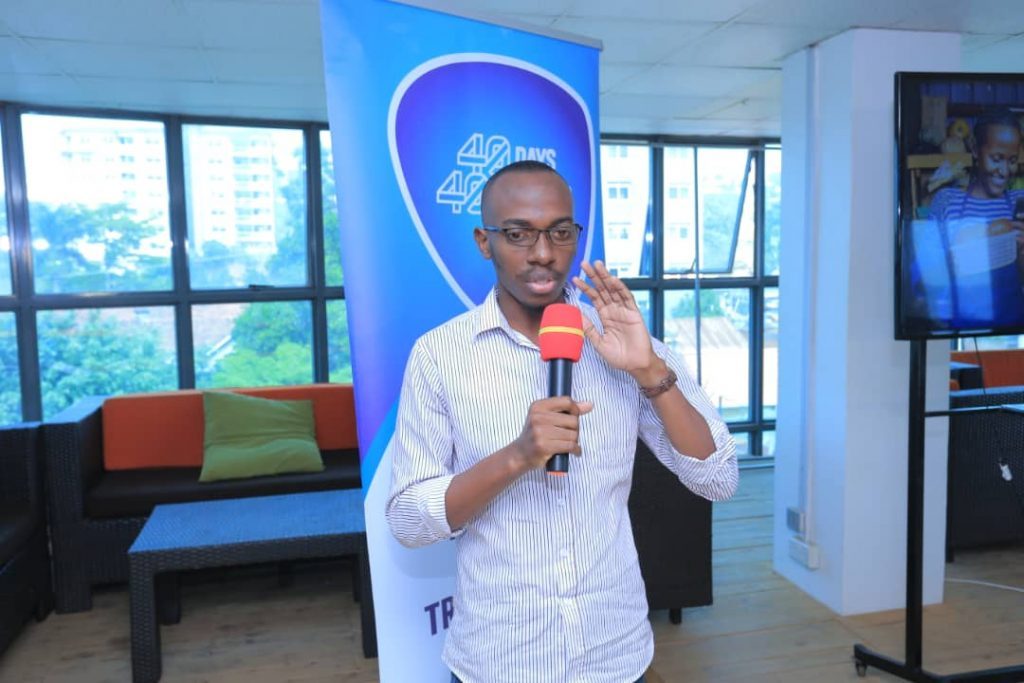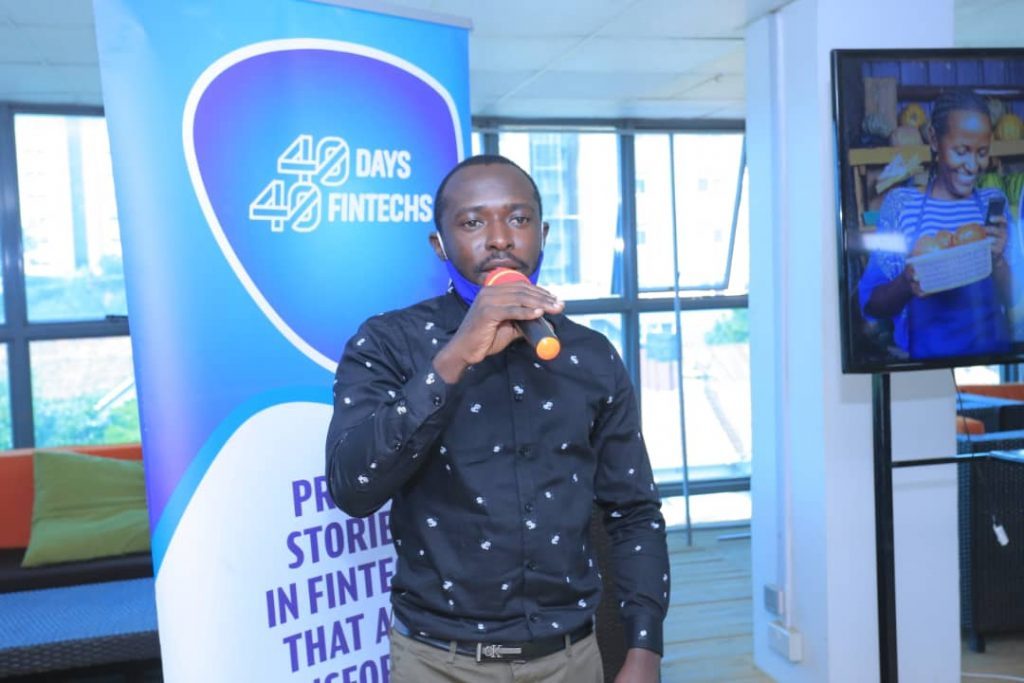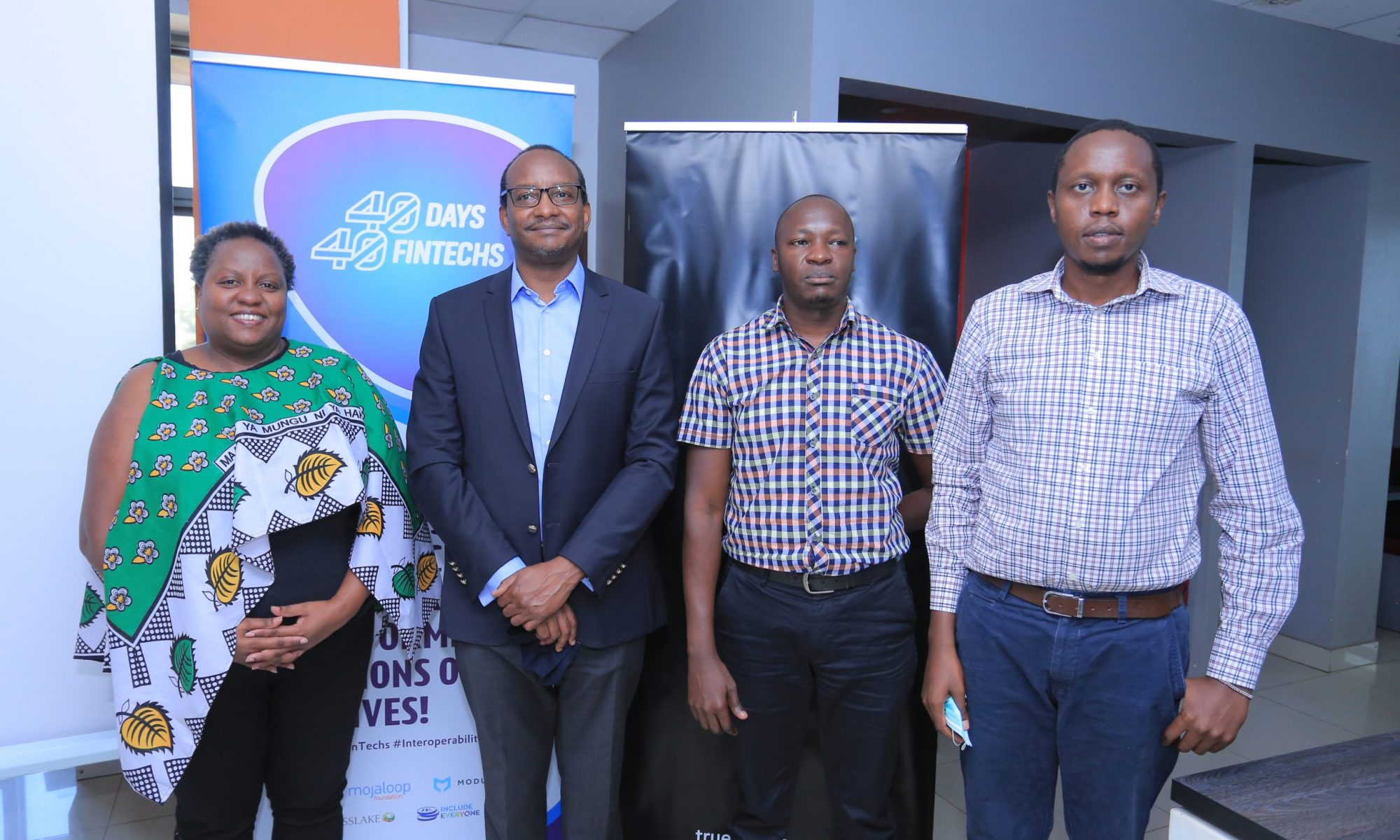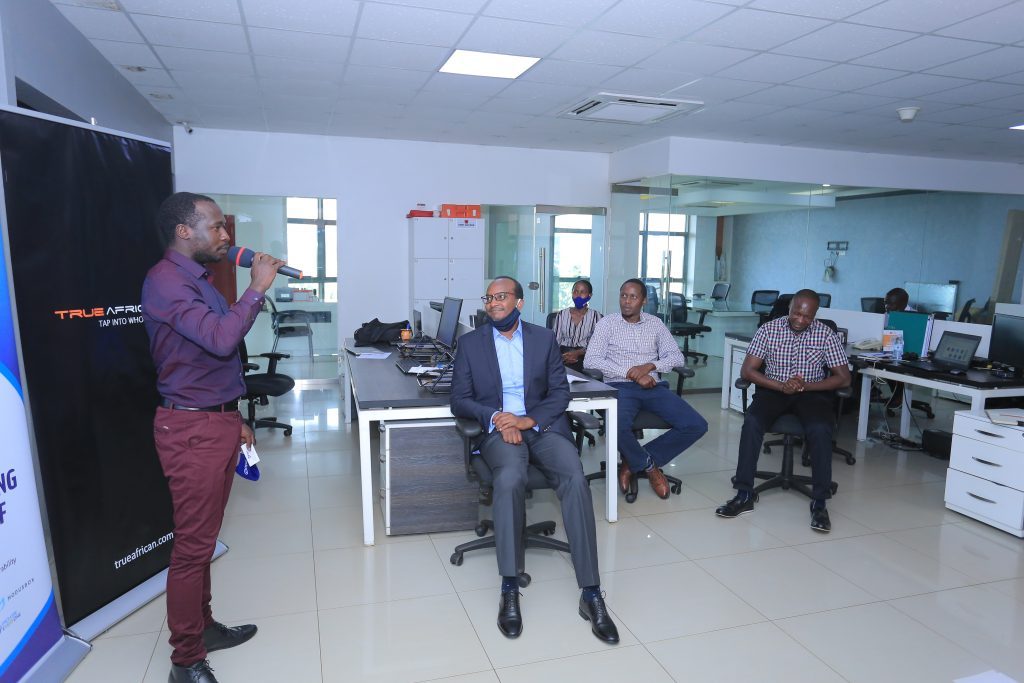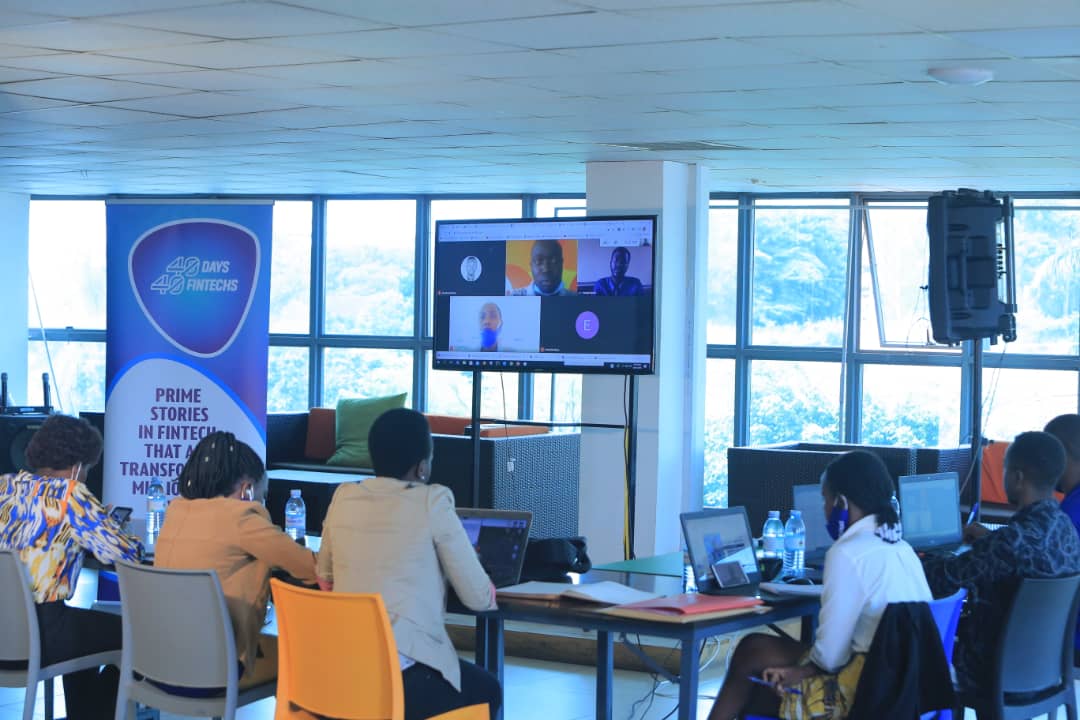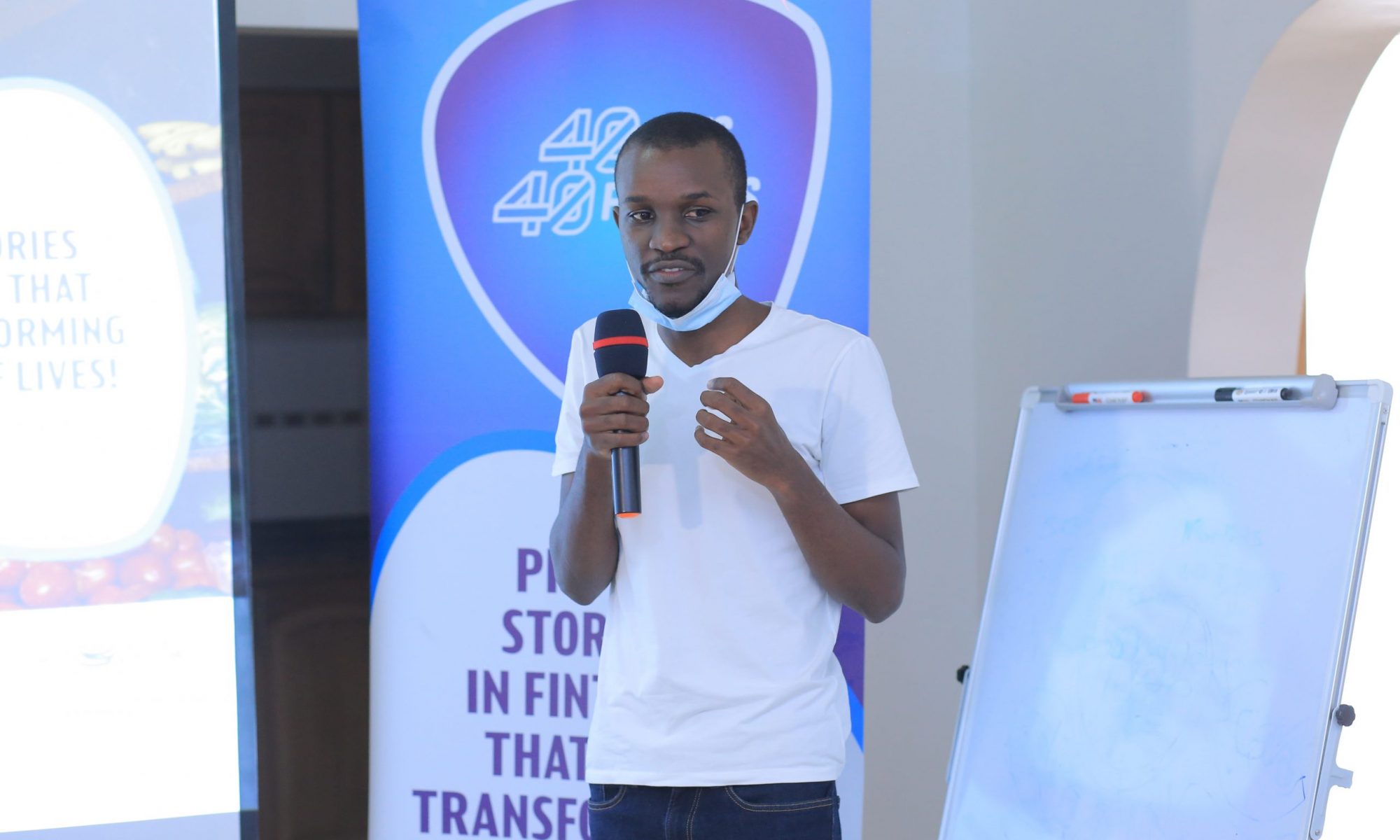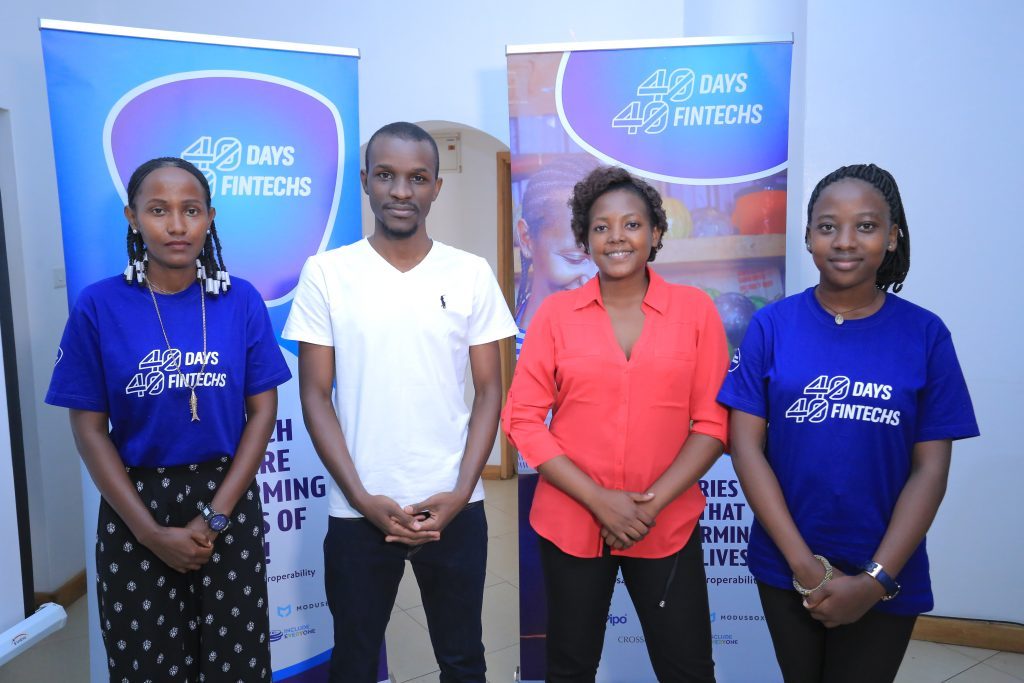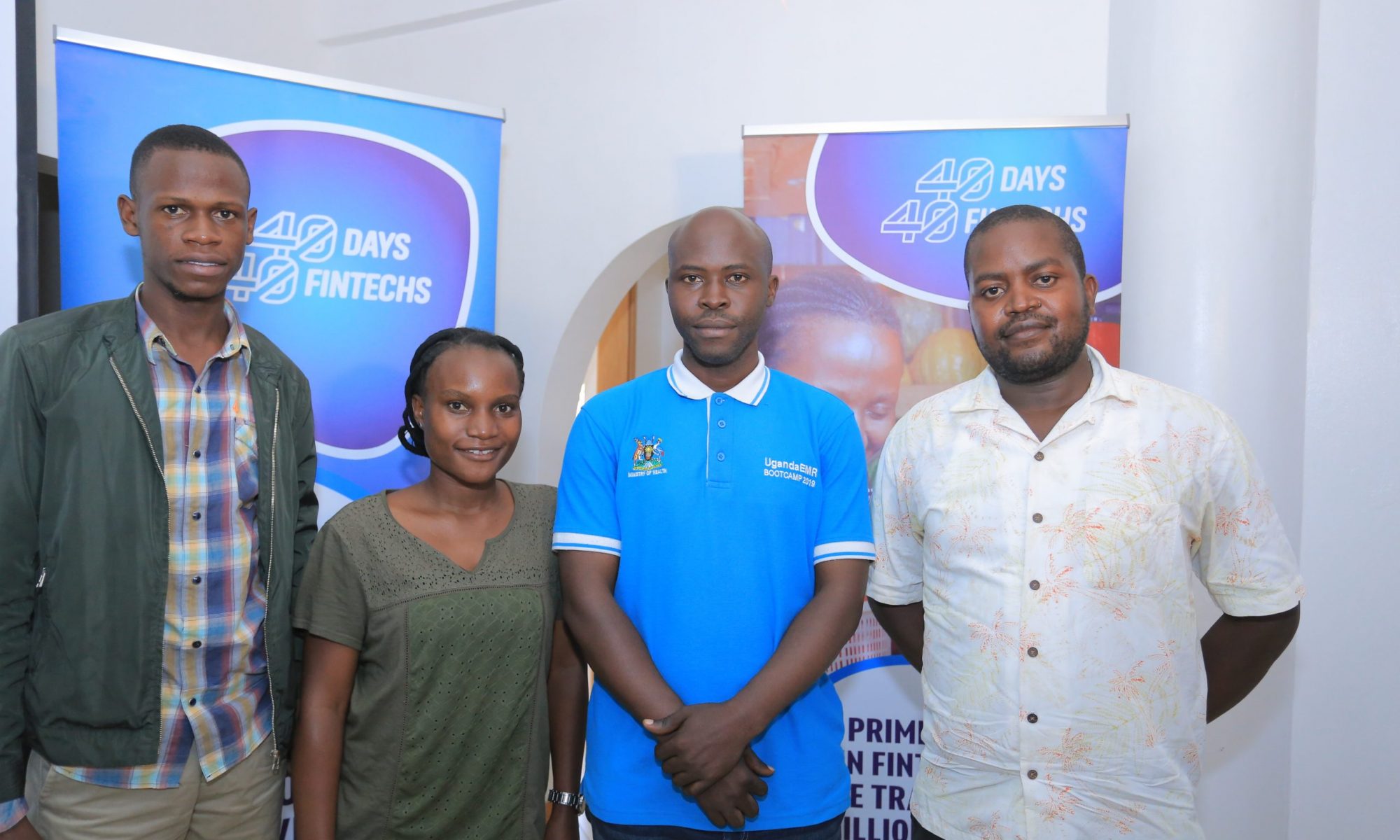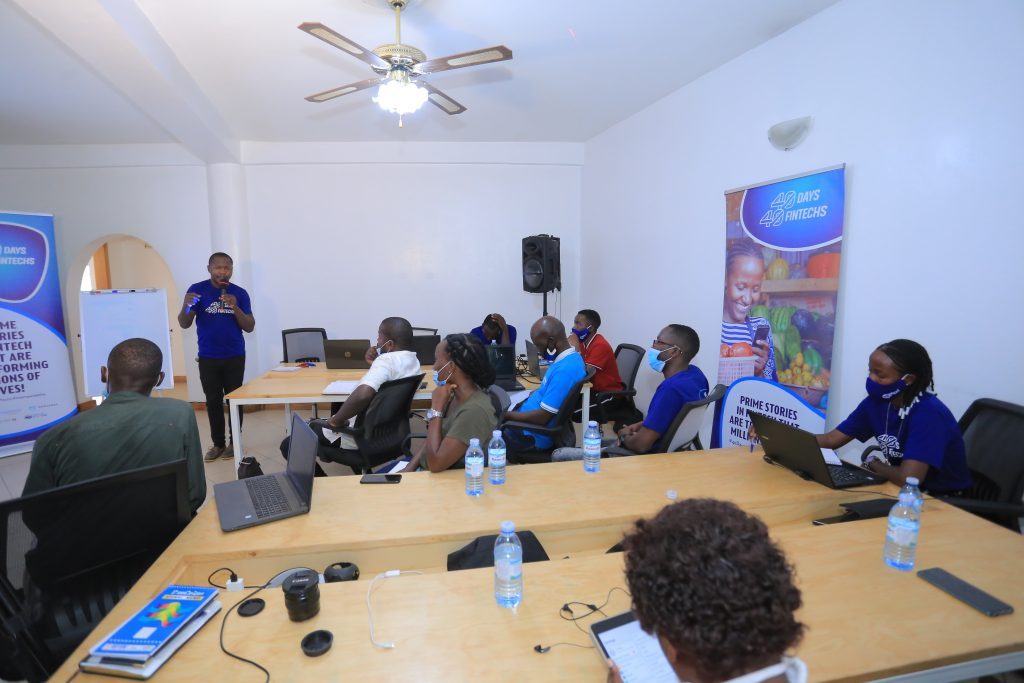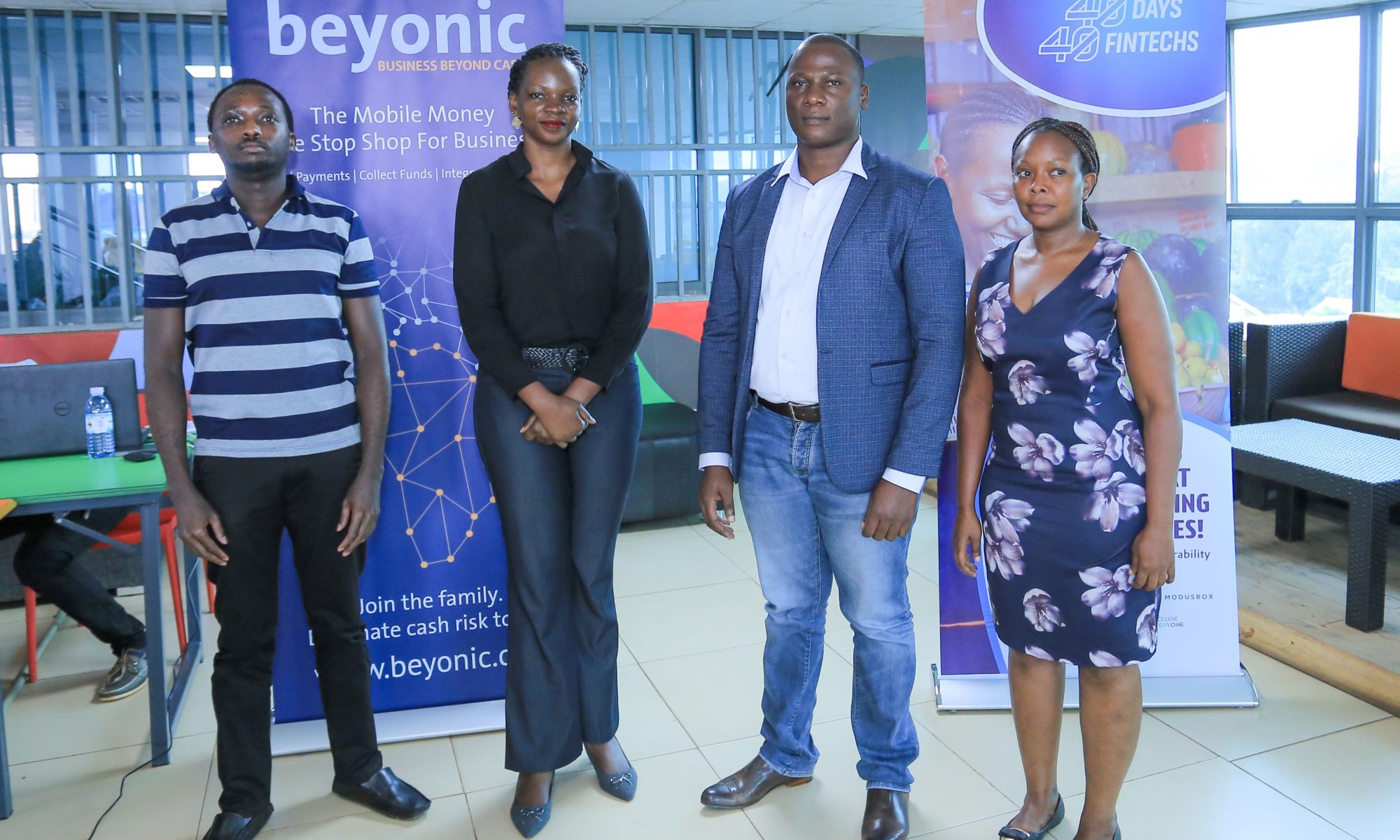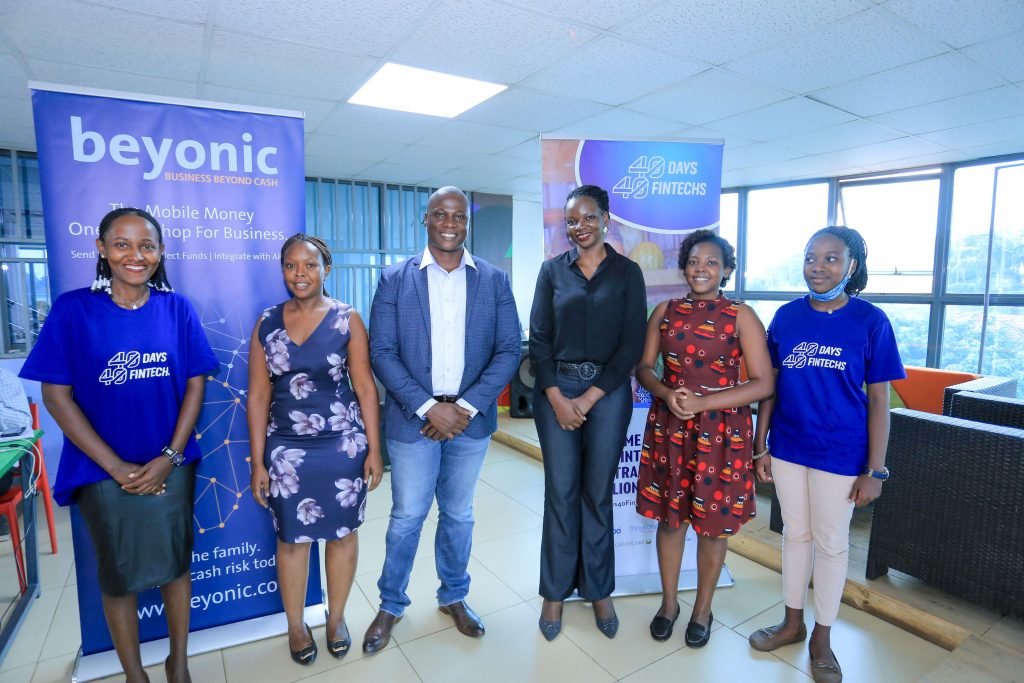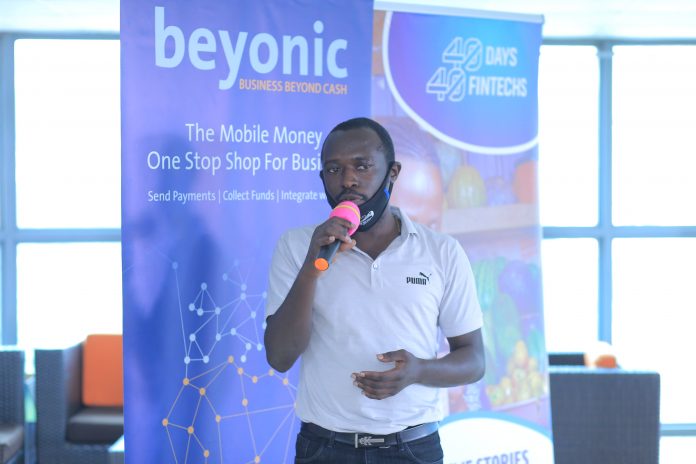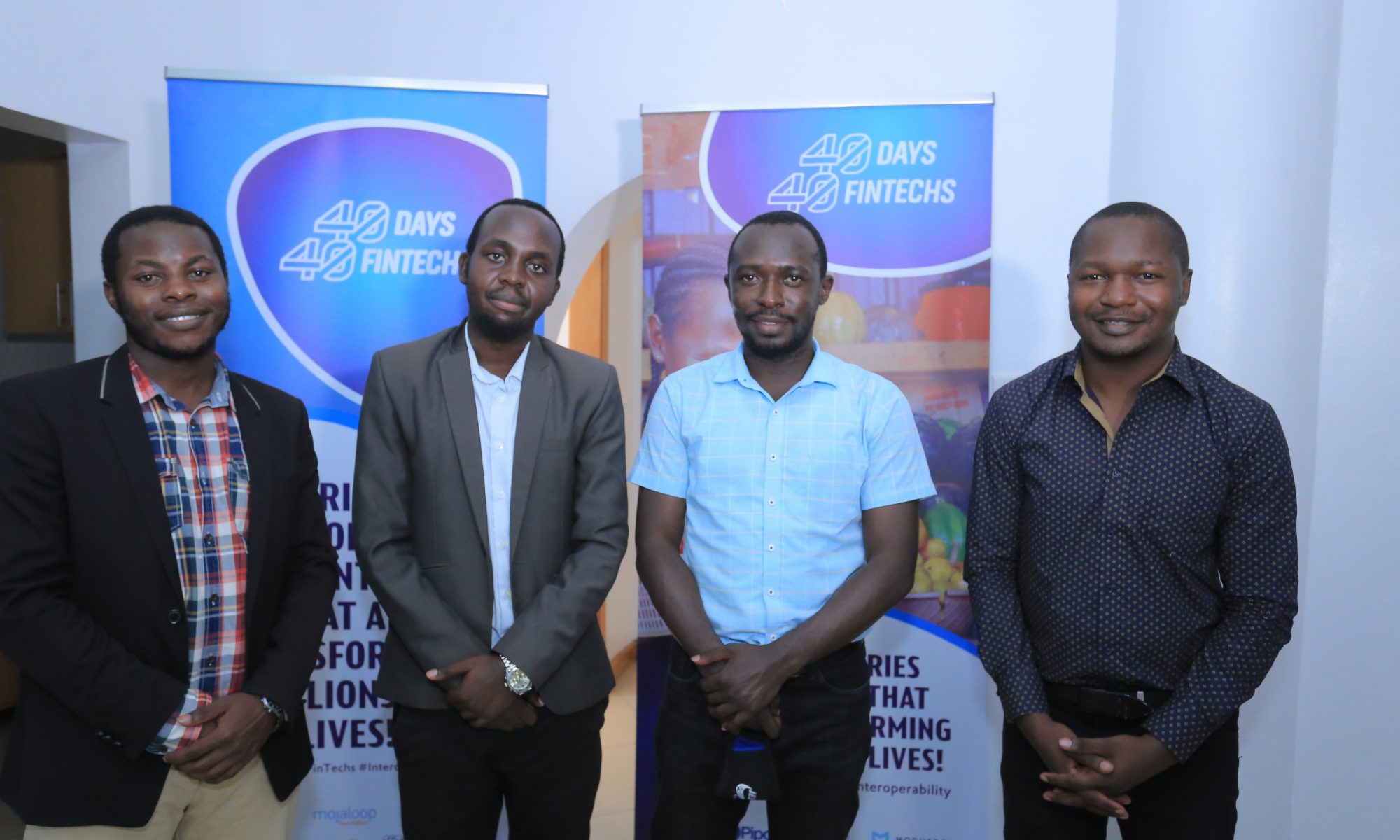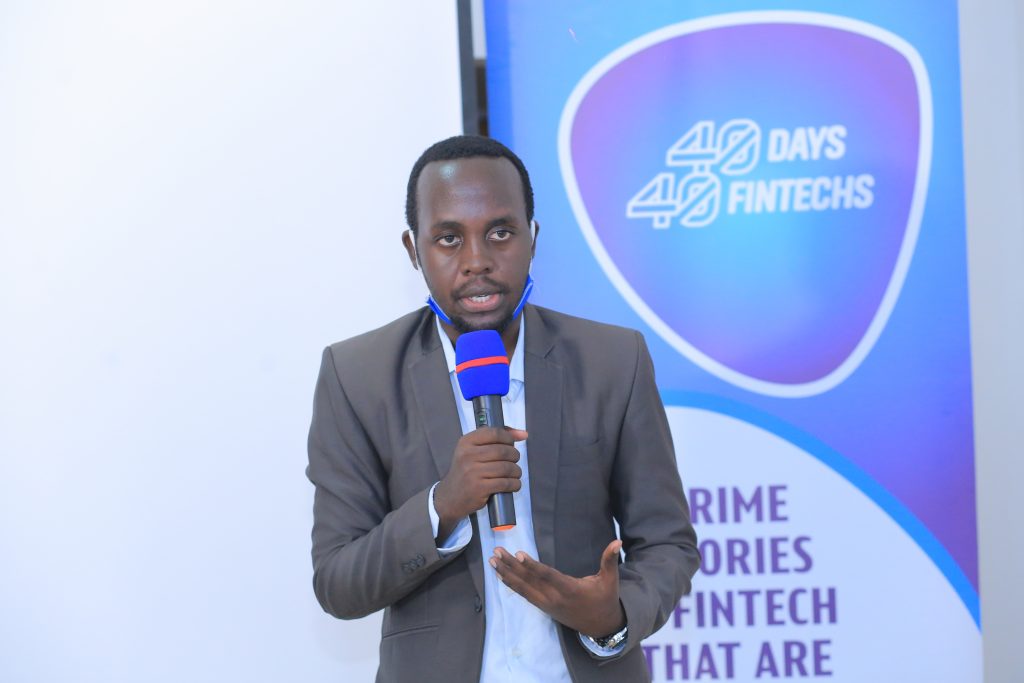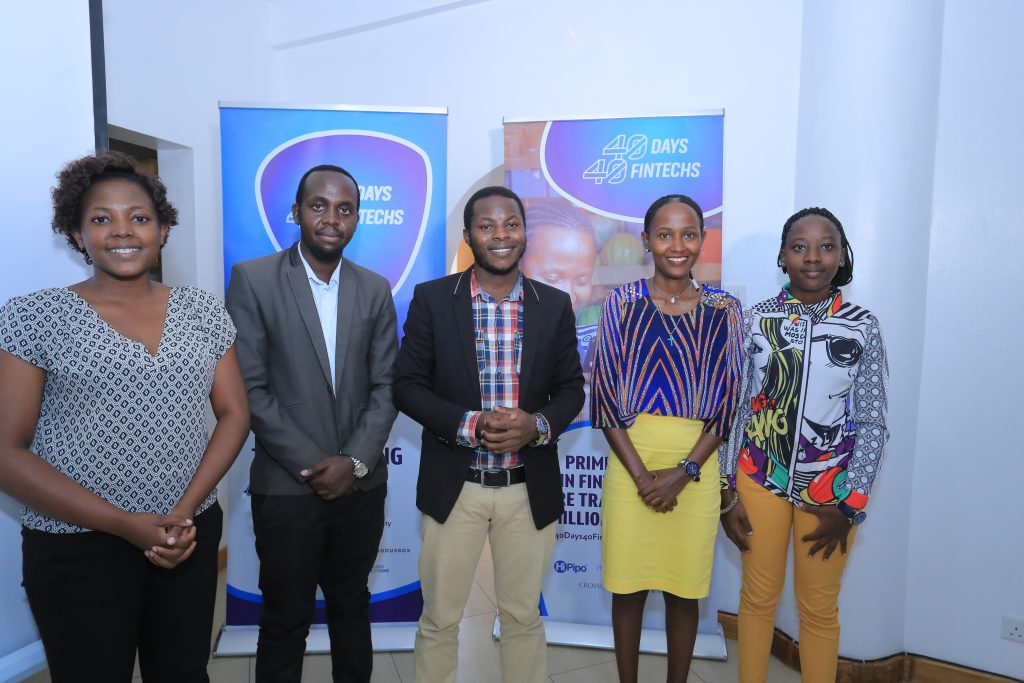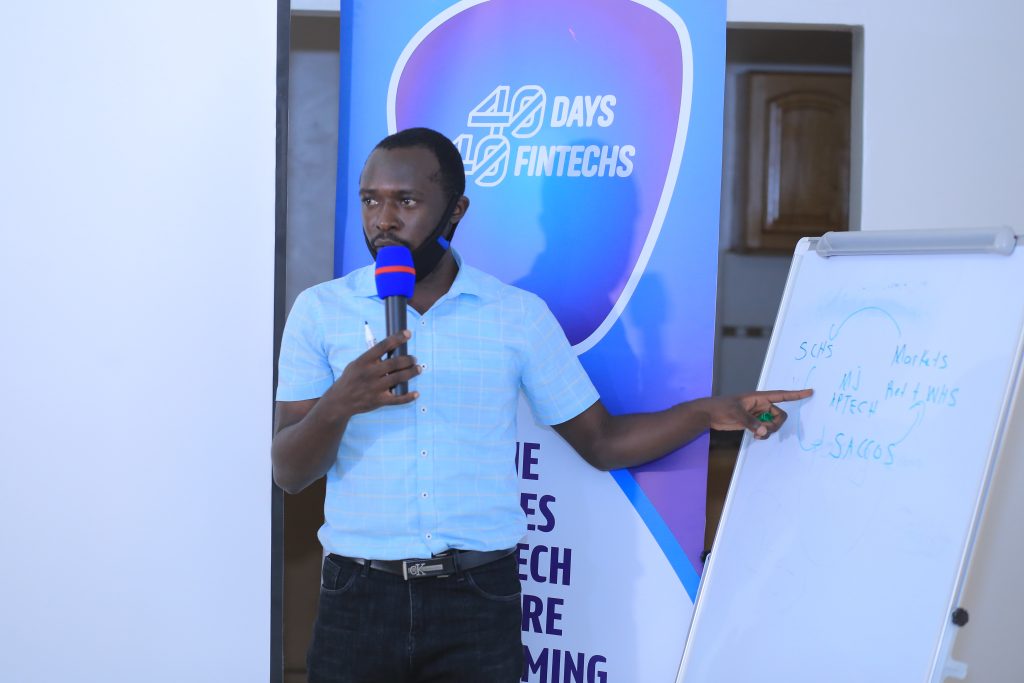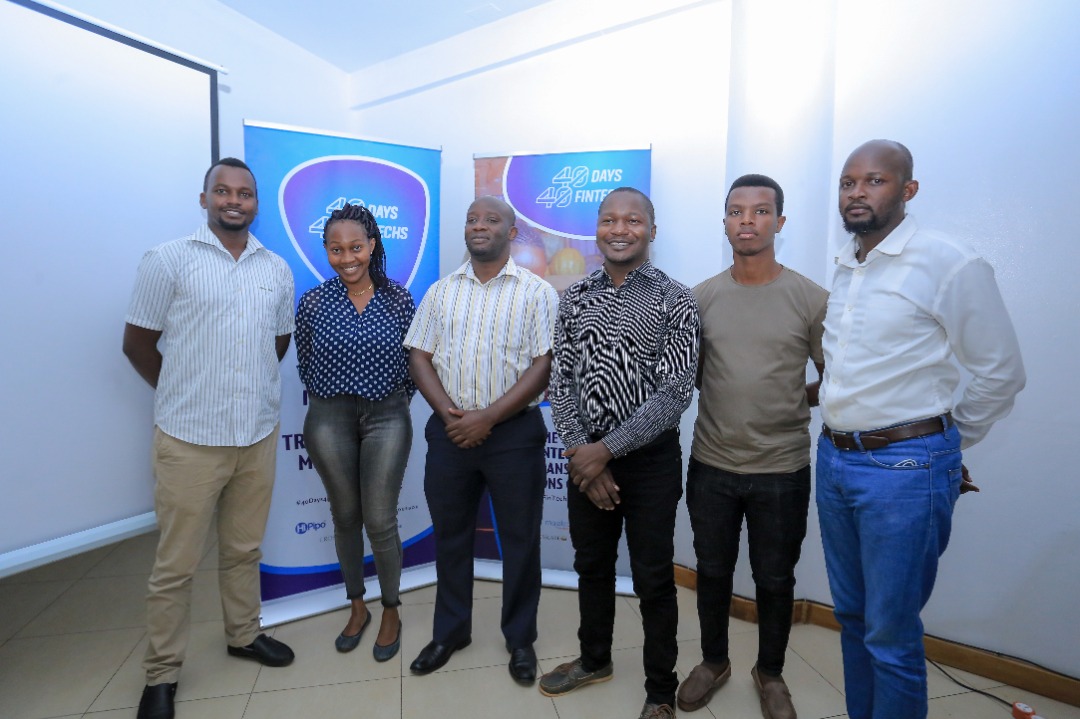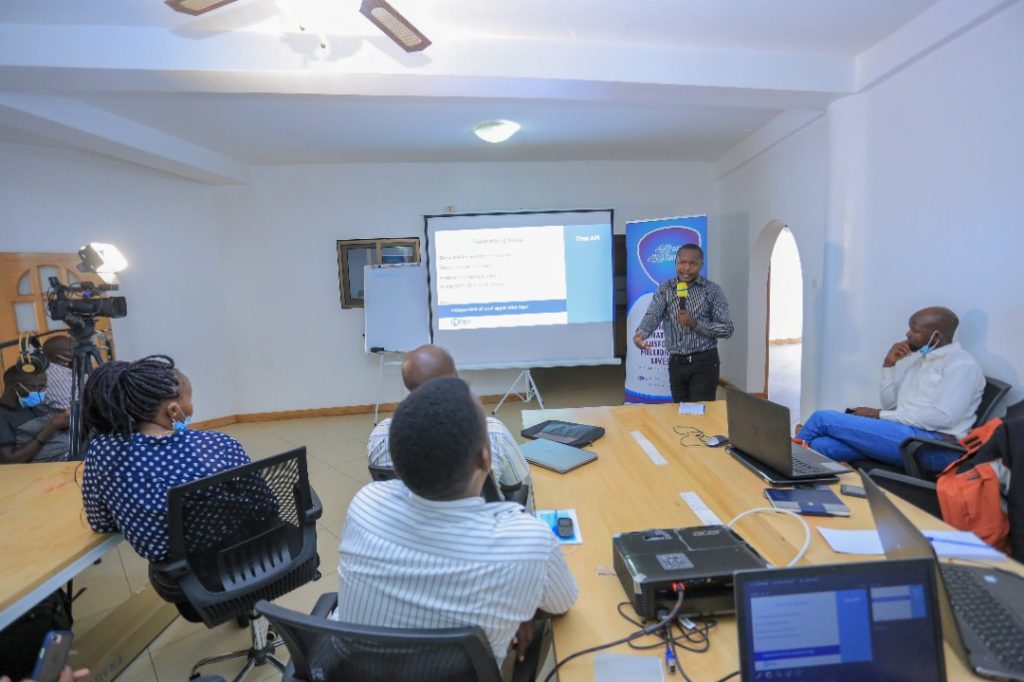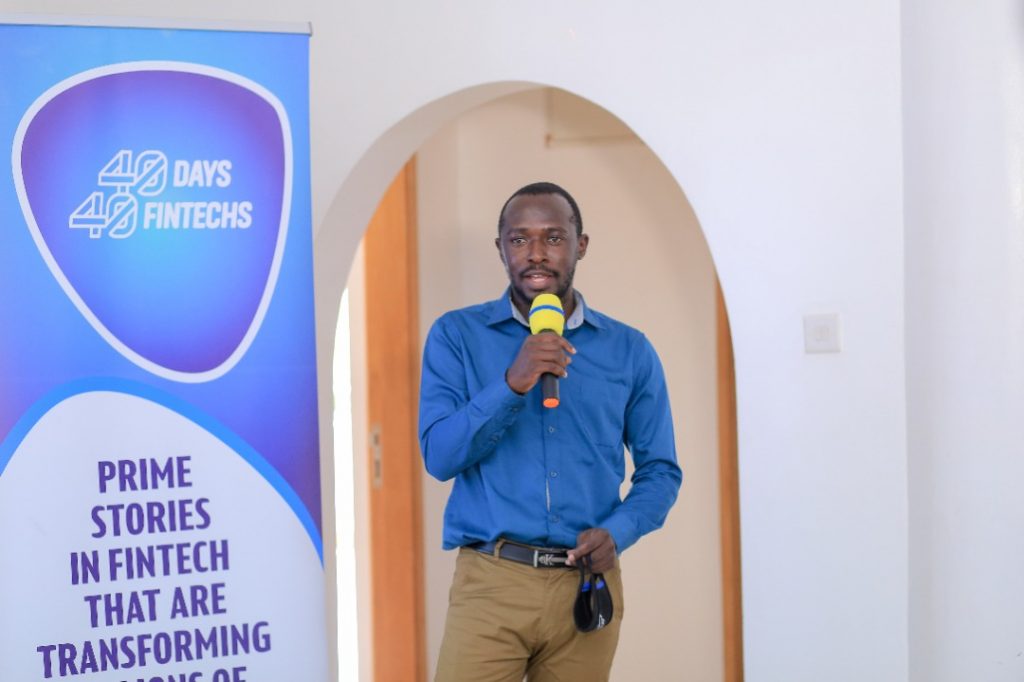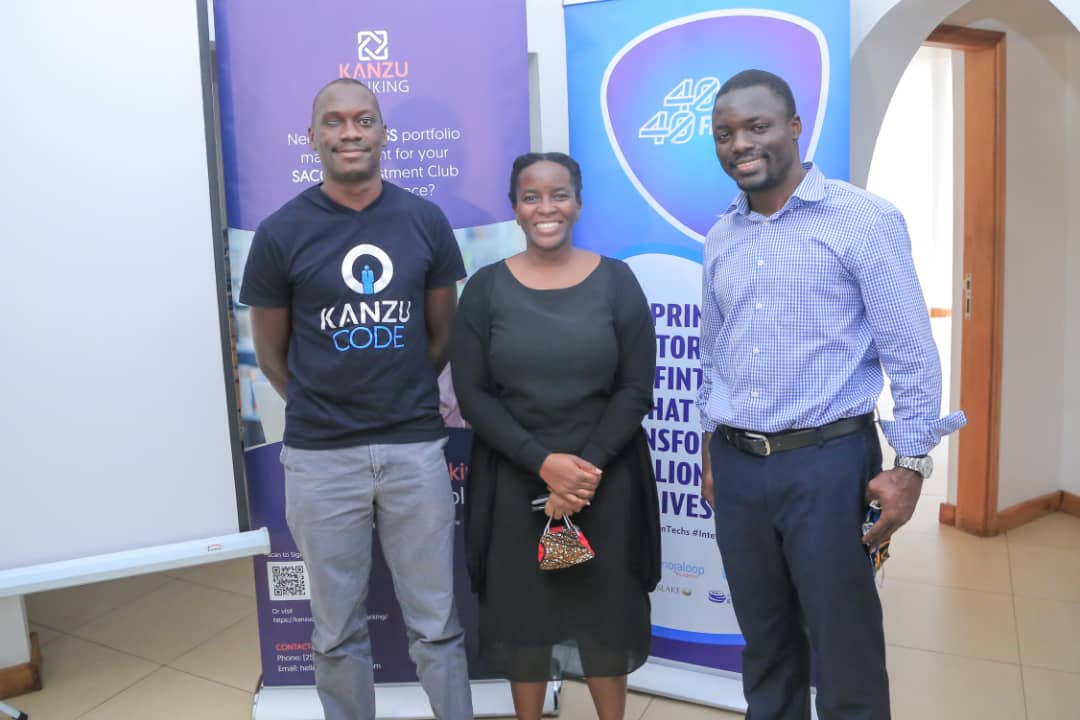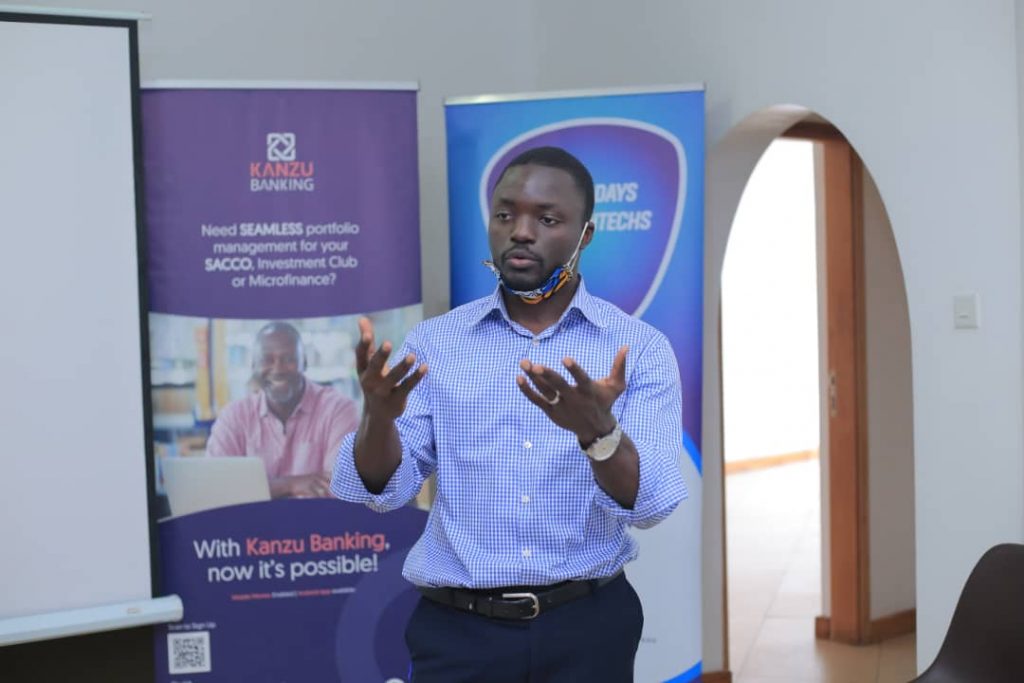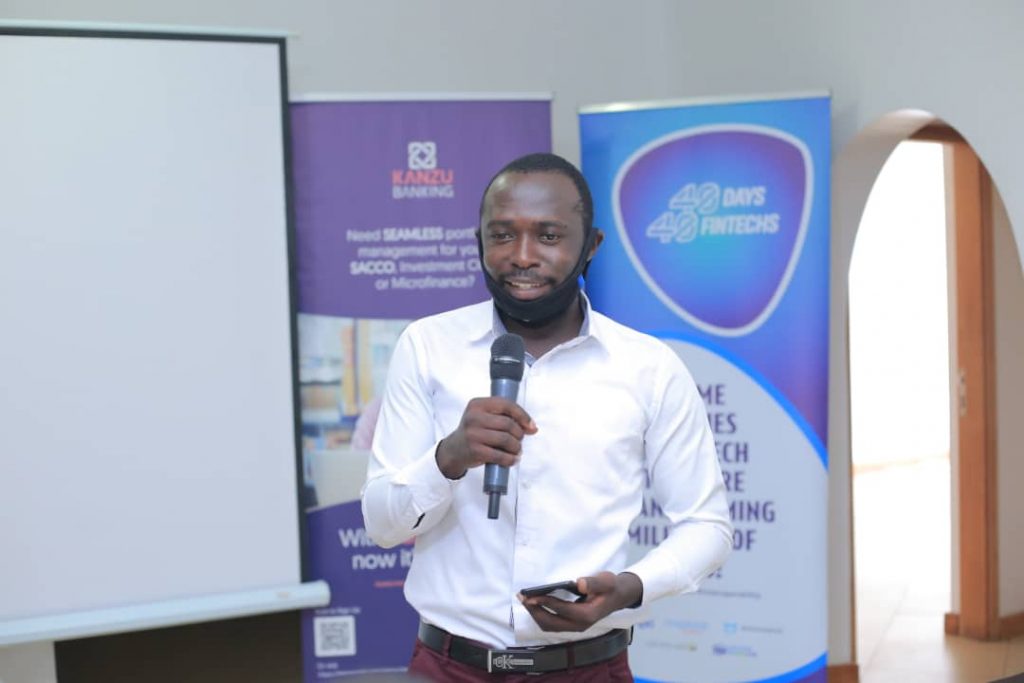Our Reporter.
Ugandans across the country could soon be able to access safe and convenient financial services if Cytrone launches its free financial inclusion product.
Established in 2016, Cytrone Limited – a payment technology company that offers a domestic, open- loop, multilateral system that facilitates electronic payments, is in final stages of product development according to its founder and chief executive officer Bob Moses Oyuru.
Dubbed PayClide, the product is a web and mobile application that provides merchant aggregation system and peer-to-peer mobile payment platform that can be accessed anytime.
Oyuru said that they are currently testing the product and that they intend to launch it sometime in July this year.
“We are already testing PayClide with the two leading telecoms and two banks already. We intend to have has many financial institutions on board as possible,” Oyuru said.
Cytrone also offers the Audio Jack Card reader product, which helps sellers to accept any Chip Card and near-field communication (NFC) payments – contactless payments that use near-field communication (NFC) technology to exchange data between readers and payment devices such as mobile phones.
Oyuru added that the merchant software would also be beefed up with features such as sending invoices, employee payments, delivery options and loans.
Motivation
According to Oyuru, he was inspired to develop the product PayClide financial inclusion product, after realizing that people were struggling to keep their cash secure given the long distances to formal financial institutions and high transfer and withdraw fees that are making it hard for people to use mobile money.
“Keeping cash secure in trickier; the high transfer and withdraw fees and long distances are also an obstacle to using mobile money. The distances involved to and from financial institutions makes it hard for people to use them,” he said.
Oyuru, however, noted that PayClide is coming to address these challenges. The PayClide App has a wallet which allows people to save money, send to friends and family or withdraw it any time, instantly, free of charge.
It should be noted that while mobile money has helped boost financial inclusion, from 57% in 2006 to 78% in 2018, a sizeable number of people are still locked out due to high transactional charges.
“We believe everyone should be able to participate and thrive in an economy. So we seek to help sellers and vendors of all sizes to start, run and grow their businesses,” Oyuru said.
Women focus
Cytrone also intends to launch a Payclide credit product for the women vendors where credit scoring based on the transaction history will be used as collateral to access credit.
“If you meet a woman’s needs, then you will surpass man’s expectations. Payclide is a product that will help women do business better,” Oyuru said.
Cytrone is one of the Financial Technology companies (FinTechs) participating in the 40-days-40-FinTechs initiatives organised by HiPipo, in partnership with Crosslake Tech, ModusBox and Mojaloop Foundation.
The initiative seeks to enable FinTechs to innovate solutions that facilitate cross-network financial transactions at minimal risks to enhance access to financial services.
Running for 40 days, the project will see the participating 40 FinTechs acquire interoperable development skills to improve access to financial services, using the Mojaloop open source software.
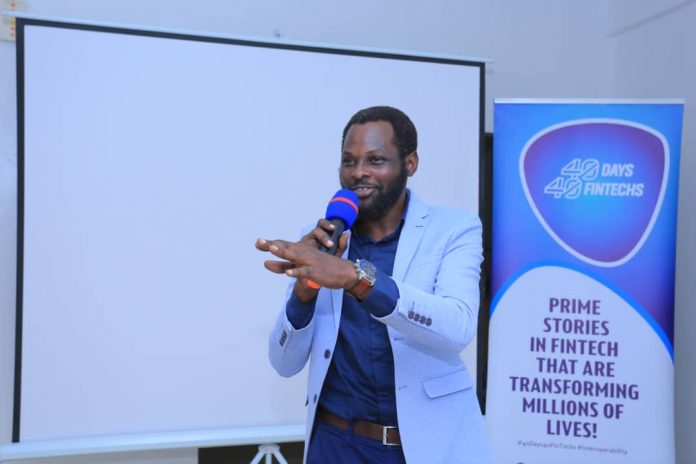
Oyuru commended HiPipo for organising the 40-days-40 FinTechs initiative, saying that such engagements are mutually beneficial and will help them to improve.
“We are happy to engage with Mojaloop. We believe it will improve financial technology in Uganda and Africa,” he said.
The HiPipo CEO Innocent Kawooya commended Cytrone for developing the PayClide product, saying it is a masterpiece for financial inclusion as it will bring telecoms and banks together and allow people to pull and push money any time.
“Getting money is very hard, more so in these unprecedented times. Saving it and using it to transact should not be hard. So a product like PayClide will address this. They already have the major telecoms on board and now pitching to banks. HiPipo will gladly support them in all ways possible,” Kawooya said.

